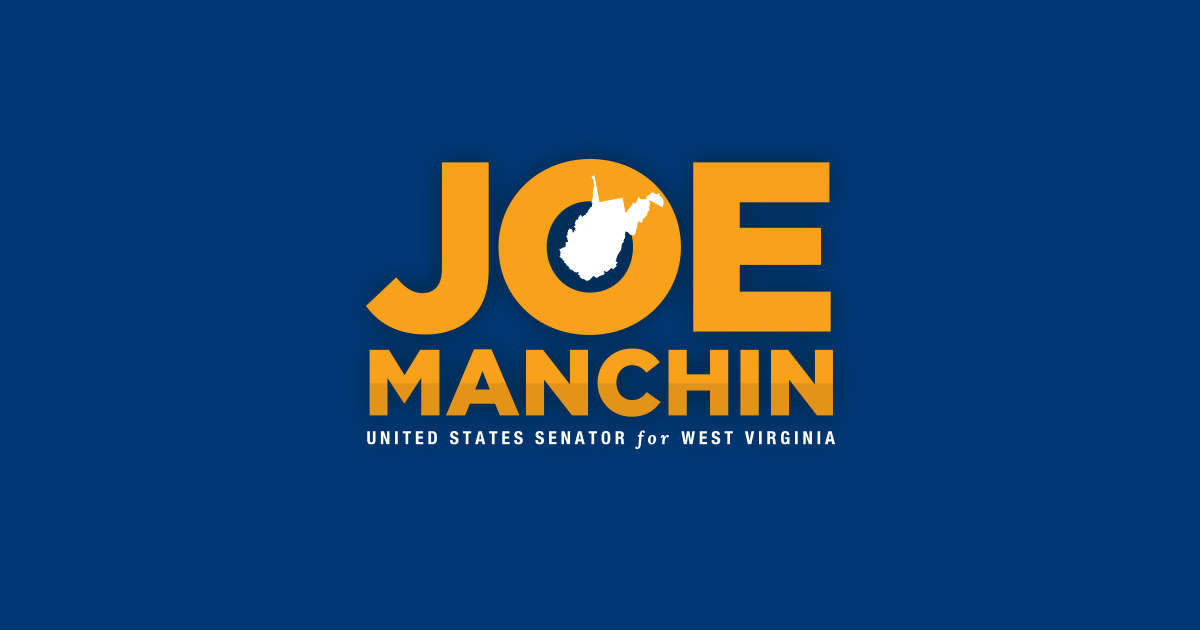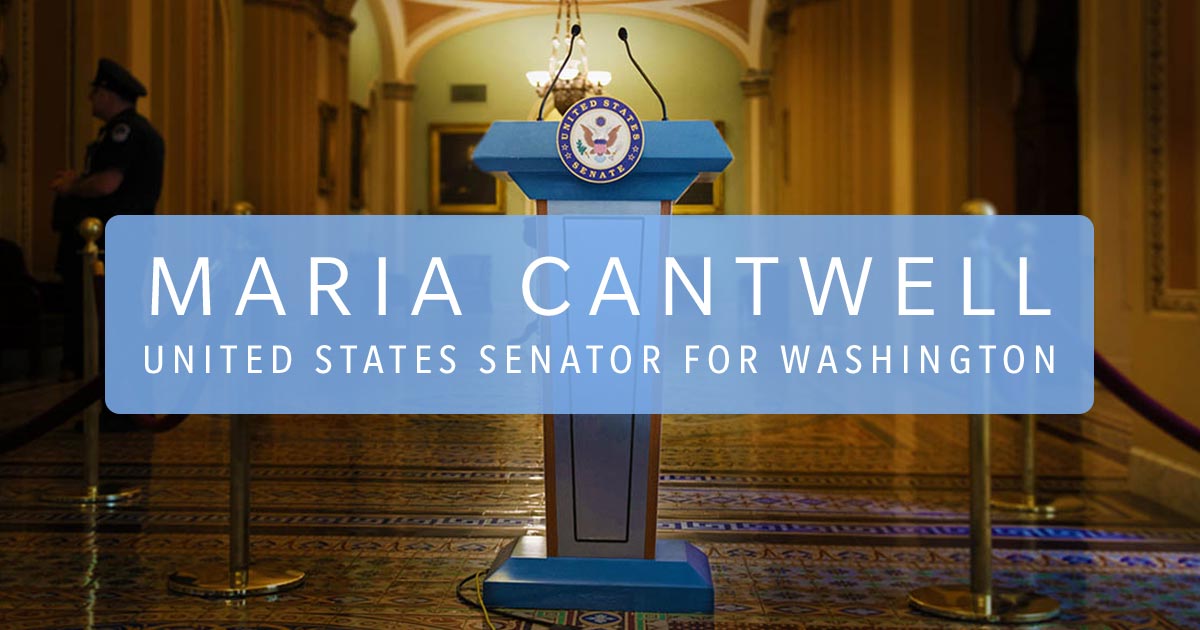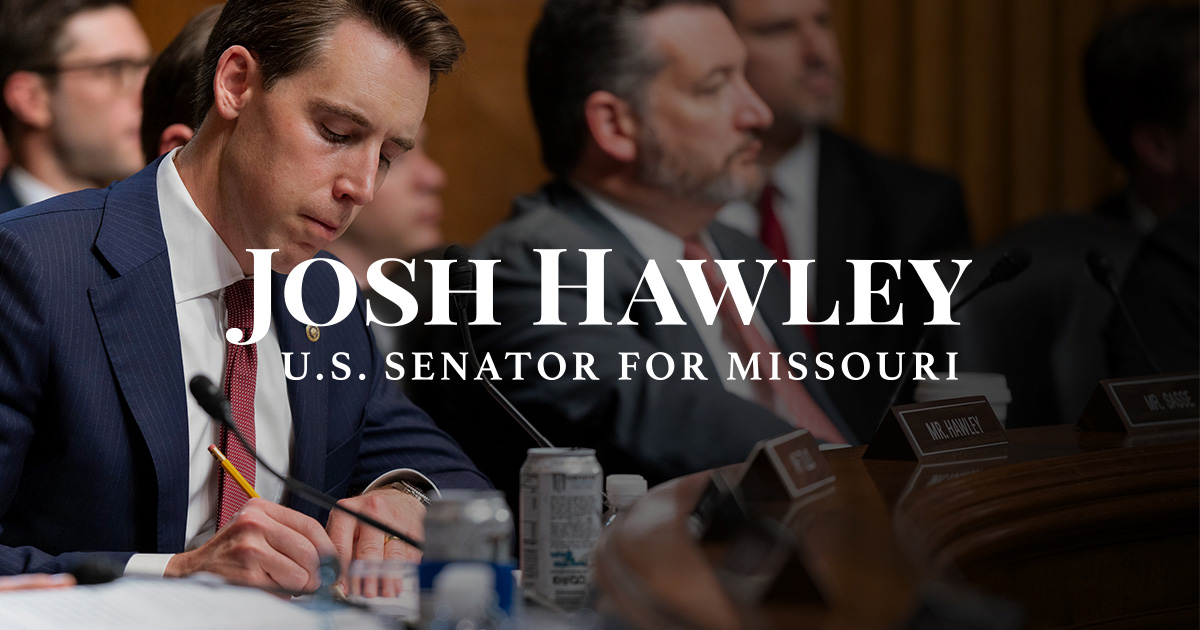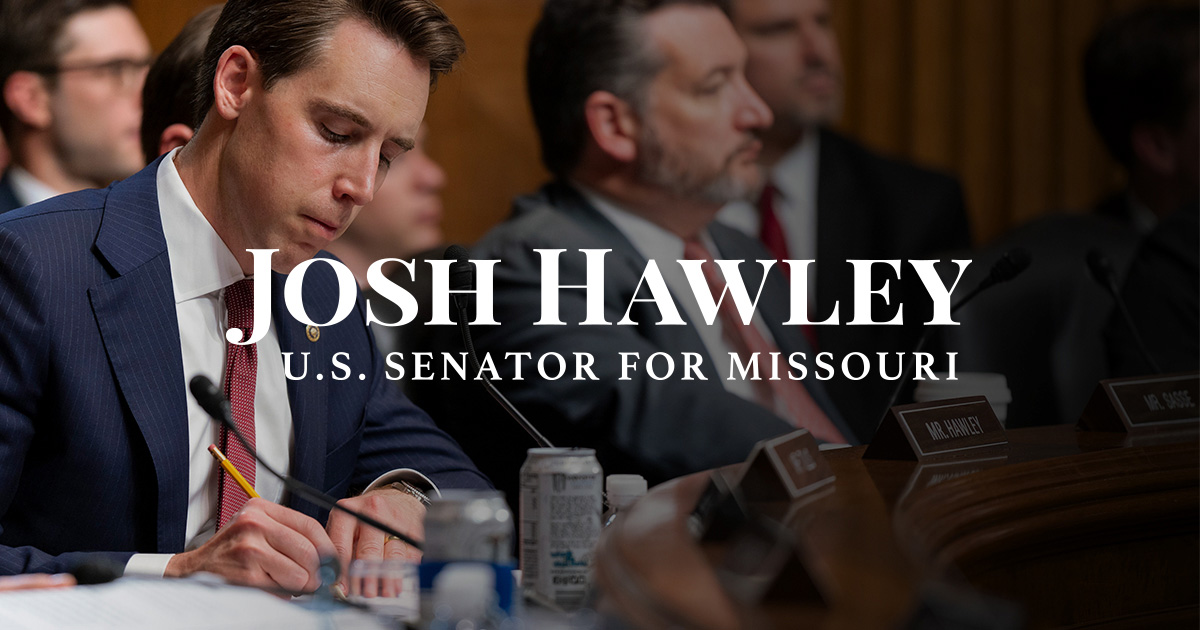Source: United States Senator for Maine Angus King
WASHINGTON, D.C. – U.S. Representative Chellie Pingree introduced bipartisan, bicameral legislation, cosponsored by U.S. Senators Susan Collins and Angus King, to spur economic development in coastal Maine communities. The Ocean Regional Opportunity and Innovation Act (Ocean ROI Act), would require the Secretary of Commerce to establish a federal strategy for investing in the nation’s ocean-based economy with “Ocean Innovation Clusters” (ocean clusters).
The ocean clusters would follow theblueprintof organizations like the for-profitNew England Ocean Cluster, based in Portland, which helps maritime-adjacent small businesses partner together to increase commercial utilization of aquaculture products—benefitting each individual company and the greater New England economy as a whole.
“Ocean clusters are at the center of innovation and entrepreneurship, and are key to building climate resilient, sustainable coastal economies. Now is the time for the federal government to invest in the Blue Economy so we can harness the great potential of waters across the country like the Gulf of Maine,”said Congresswoman Pingree, the lead House sponsor of the legislation.“We represent some of the nation’s most pristine and valuable coastline; we understand the tremendous impact oceans have on our communities, our economy, and our daily lives. With our bicameral and bipartisan Ocean Regional Opportunity and Innovation Act, the U.S. can realize the full potential and value of our blue economy.”
“The funding authorized in this bipartisan legislation will support ocean innovation and development, creating new opportunities to build a sustainable future for our coastal communities across Maine and ensuring the vitality of our ocean industries,”said Sen. Collins.
“For generations, Maine’s ocean innovators have pioneered new, sustainable economic development along our shores,”said Sen. King.“The bipartisan Ocean Regional Opportunity and Innovation Act of 2023 would build on our long legacy of success and sustainability in fishing, aquaculture, and other maritime opportunities by backing efforts to bring together these fresh ideas that build on each other, for new opportunities across Maine’s iconic industries. I am grateful for my colleagues’ partnership on this important effort to promote and modernize Maine’s invaluable ocean economy.”
Specifically, the Ocean ROI Act would require the Secretary of Commerce, acting through the administrator of the U.S. Economic Development Agency, and in consultation with the administrator of NOAA, to designate at least one ocean cluster in each of the five domestic NOAA Fisheries regions and the Great Lakes region. The bill would also create grants for cluster operation and administration and one-time capital investments for physical infrastructure.
For text of the bill, clickhere.
###



